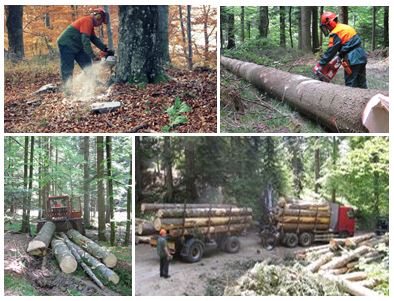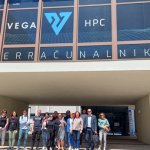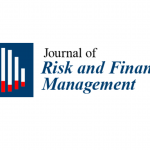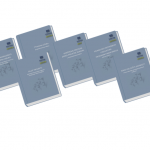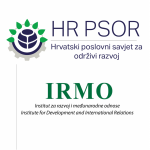Within the framework of the Erasmus+ project, a course “Sustainable forest management: From theory to practice” have been created by IRMO and other project partners and made available online to interested users. Interested users can participate.by creating an account on a e-learning platform: e-learning.irmo.hr. The Handbook as a guidance how to use Learning Management System LMS, how to access e-courses published in LMS and it’s features i available on project web page: http://www.cia2sfm.org/handbook-for-users/.
E-course includes four sections: 1. Basics of sustainable forest management (SFM), 2. Technical aspects of SFM, 3. Organization of SFM and 4. Adaptation of SFM to the climatically changing environment.
This tailored educational program (EP) was developed within the ERASMUS+ project“Cooperation for innovative approach in sustainable forest management training” (CIA2SFM). It was primarily developed for project’s target groups (forestry professionals, private forest owners, forestry entrepreneurs, employees of the institutions for management of protected areas) and was envisaged to follow good practice in vocational education and training and lifelong learning in sustainable forest management (SFM). These EP cover a wide range of topics through which project target groups will be provided with specific and comprehensive knowledge about forest management and organization in sustainable manner covering all three aspects of SFM – ecological, economic and social.
The material was developed by the employees of seven partner institutions: Croatian Forest Research Institute (CFRI) and Institute for Development and International Relations (IRMO) from Croatia, Slovenian Forestry Institute (SFS), Slovenian Institute for Adult Education (SIAE) and Slovenia Forest Service (SFS) from Slovenia and University of Natural Resources and Life Sciences (BOKU) and Austrian Research Centre for Forests (BFW) from Austria.
We invite everyone interested in a subject to explore the course, especially teachers and trainers who can include content in their educational activities in secondary schools, faculties and adult education institutions.

